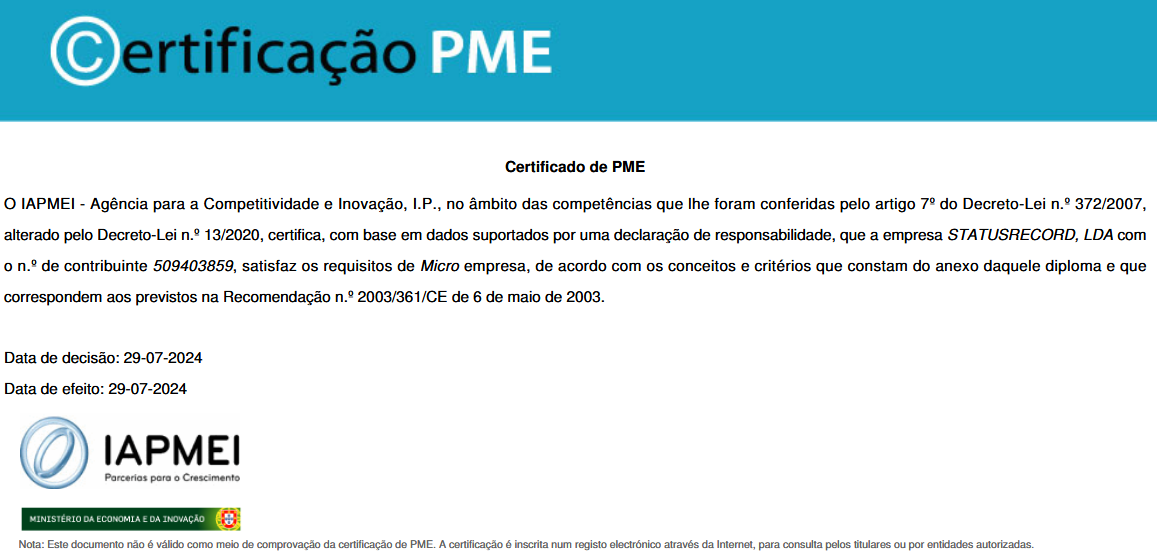Personalized Learning Experiences
One of the most promising aspects of AI in education is its ability to create personalized learning experiences. Traditional educational models often adopt a one-size-fits-all approach, which may not cater to the individual needs of every student. With AI, learning platforms can analyze students' strengths, weaknesses, and learning behaviors to tailor content specifically to each learner. This can lead to more effective study sessions where students engage with materials that challenge them without overwhelming them.
AI Tutors and Assistants
Imagine having a personal tutor available at any time, ready to assist with homework or clarify complex topics. AI-powered tutoring systems can provide immediate feedback and help students work through difficult concepts at their own pace. These virtual assistants can answer questions, suggest additional resources, and even adapt their teaching strategies based on the student’s progress, making studying more efficient and effective.
Enhanced Study Materials
AI has the potential to enhance educational resources significantly. Intelligent systems can curate study materials, recommend readings, and provide assessments based on current educational trends and research. Furthermore, AI can generate practice quizzes or interactive exercises tailored to the curriculum, ensuring that students have access to relevant and challenging study materials that align with their learning goals.
Automating Administrative Tasks
AI can help reduce the administrative burden on educators, allowing them to focus more on teaching and engaging with students. By automating tasks such as grading assignments, managing schedules, and tracking student performance, AI can streamline many facets of education. This efficiency not only benefits teachers but also enhances the overall learning experience for students, who can receive timely feedback and support.
Collaboration and Communication Tools
The future of studying will also see significant advancements in collaboration tools powered by AI. Students can work together more effectively, regardless of their geographical location. AI can facilitate group projects by organizing tasks, scheduling meetings, and even mediating discussions to ensure that all voices are heard. This level of collaboration can help students develop critical teamwork skills that are essential in today’s workforce.
Preparing for a Technologically Advanced Workforce
As AI continues to infiltrate various industries, it is essential for students to familiarize themselves with these technologies. Education systems that incorporate AI into their curricula will better prepare students for the future job market. This preparation includes not only understanding AI tools but also developing skills such as critical thinking, problem-solving, and adaptability, which will be crucial in a world where AI and automation are commonplace.
Conclusion
The impact of artificial intelligence on studying in the future is immense and multifaceted. From personalized learning experiences to AI-driven tutoring, the educational landscape is set for a transformation that prioritizes efficiency, collaboration, and individual growth. As we embrace this technological evolution, it is essential to consider how we can best harness these tools to create a more accessible and engaging education for all students. The future of studying looks bright with AI as a guiding force, and it promises to make learning more effective and enjoyable than ever before.
Why Cheap Student Rent Isn’t Always the Steal You Think It Is
When you're a student, cheap rent can feel like the holy grail.
€350 rent per month? Yes, please.
More money for travel, coffee, late-night souvlaki? Even better.
But here’s the truth no one really tells you:
Sometimes, cheap rent costs you more than you save.
In time. In energy. In mental health. In missed experiences.
Let’s break down why “cheap” isn’t always a good deal—and what to consider before you jump on that budget-friendly flat.
1. You’ll Pay in Commute Time (and Sanity)
Let’s say your dream apartment is €80 cheaper—but it’s 45 minutes away from campus.
That’s 1.5 hours every day.
7.5 hours a week.
Almost a full workday—gone.
Time you could’ve spent studying, socializing, sleeping, or just
chilling.
Instead, you're memorizing metro schedules and racing to catch the last train.
💡 Pro tip: Always factor in commute time. Time is a currency too.
2. You’ll Miss Out on the “Drop By” Lifestyle
There’s something magical about spontaneous student life:
- Random coffee dates after class
- Group dinners that start with “hey, you around?”
- Study sessions that turn into pizza nights
If you live far away, you start saying no. Not because you want to—but because it’s too much effort.
Slowly, the spontaneous stuff—the fun stuff—fades.
3. You Might Spend More Anyway
Cheap rent feels like a win… until the hidden costs pile up.
- Daily transport
- Occasional Ubers or taxis when you miss the last metro
- Eating out more because you're not around to cook at home
- The "loneliness tax" of needing to constantly go elsewhere for a social life
Add it all up, and that €80/month saving? Gone.
4. Living Far Can Be… Lonely
This one hits hard.
If you’re far from your classmates, friends, or the main student areas, your apartment might start to feel like a bubble.
No one drops by. You don’t go out as much.
The city feels less like your home and more like a place you
visit.
And loneliness, especially during study abroad or university years, can creep in fast.
5. The Vibe Matters More Than You Think
Even if the rent is great, ask yourself:
- Is the neighborhood safe and walkable?
- Are there cafes, markets, or life nearby?
- Are other students around, or are you surrounded by retirees and office workers?
A cheap place in a dead zone might be quiet… but it might also be too quiet.
You want to feel part of it. Not like you’re watching from the sidelines.
So… Should You Skip Cheap Rent Altogether?
Not at all.
Affordable housing is important—especially for students. But cheap shouldn't mean isolated, inconvenient, or miserable.
The sweet spot?
✅ Reasonable rent
✅ Walkable or well-connected
✅ Close to your uni and social life
✅ A neighborhood you feel good in
Because at the end of the day, your student years aren’t just about saving money.
They’re about experiences, friendships, late-night adventures, and
belonging.
And sometimes, that’s worth a little extra.
Another important factor to consider, are having the bills included or not. Some may think it is cheaper...
Having bills included in rent is a major win for students—and here’s why:
1. One Less Thing to Worry About
As a student, you’re already juggling assignments, exams, and probably a part-time job. The last thing you need is to remember when to pay your electricity bill or keep track of your water usage.
When bills are included, it’s one less task to add to your already full plate. You pay your rent, and that’s it. No stress about fluctuating utility costs, deadlines, or surprise fees.
2. Predictable Monthly Costs
Budgeting is hard enough without unexpected expenses. If your rent is €400 but utilities add up to €80 in the winter months, suddenly you’re paying €480. But with bills included, you know exactly what you’re paying every month.
That predictability can make managing your finances much easier and prevent those “I spent how much on electricity last month?!” moments.
3. Avoiding Utility Price Surprises
Utility costs can fluctuate depending on the season—heating in the winter, air conditioning in the summer, and even just the overall energy consumption. This can make your monthly bills unpredictable. With bills included, you avoid the headache of rising prices and energy-saving guilt trips.
No more adjusting your lifestyle just to avoid a crazy energy bill at the end of the month. It’s just one fixed cost, and you can plan around it.
4. More Freedom to Live Comfortably
When bills are included, you don’t have to feel guilty about turning on the heat or cranking up the AC during a heatwave. You can focus on being comfortable in your living space without stressing about energy conservation every time you flick on a light.
This makes it easier to feel at home—especially when you're living away from home for the first time.
5. Easier for Students Living in Shared Accommodation
In shared flats, utility bills can lead to awkward situations: who used the most water? Did someone leave the lights on all night? If you’re sharing a flat with others, splitting utilities can lead to disagreements or confusion over who owes what.
With bills included, it’s a hassle-free setup. Everyone pays their share of rent, and there’s no need to chase down your flatmates for their portion of the electricity bill at the end of the month.
6. It Can Be a Bargain
In some cases, bills are included in the rent as part of a flat or apartment that’s priced slightly higher than average. But when you calculate the overall savings—especially in areas with high utility costs—it can actually work out as a better deal than renting a cheap place with no bills included. You avoid those extra fees and the mental effort of managing multiple payments.
7. Peace of Mind for International Students
For international students, having bills included is a game-changer. The last thing you want to do in a new country is deal with the complexities of setting up utility accounts, understanding local tariffs, or navigating unfamiliar payment systems.
With all bills covered, you can settle in without worrying about whether or not your water or electricity is about to get cut off for non-payment.
Conclusion
Overall, having bills included in rent is like having a little extra peace of mind in the chaos of student life. It simplifies budgeting, reduces stress, and gives you more time and energy to focus on your studies, social life, and everything else that makes the student experience memorable.
So next time you’re house-hunting, don’t just look at the rent price—consider the full package with all bills included. It could be the hassle-free, stress-free choice you never knew you needed!


